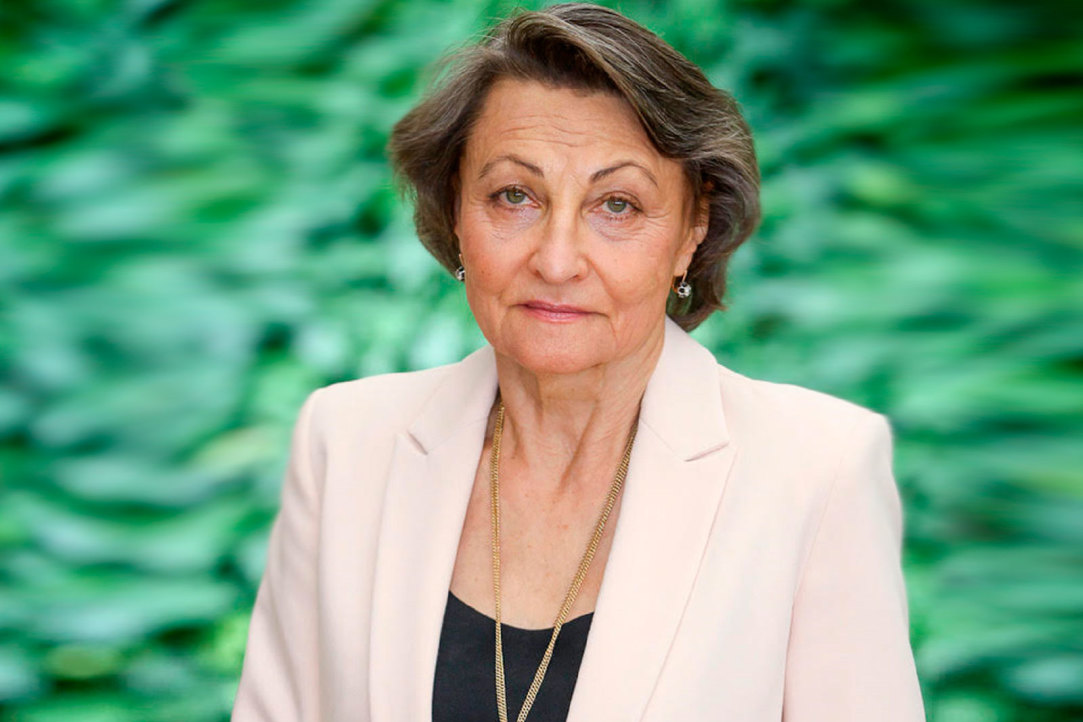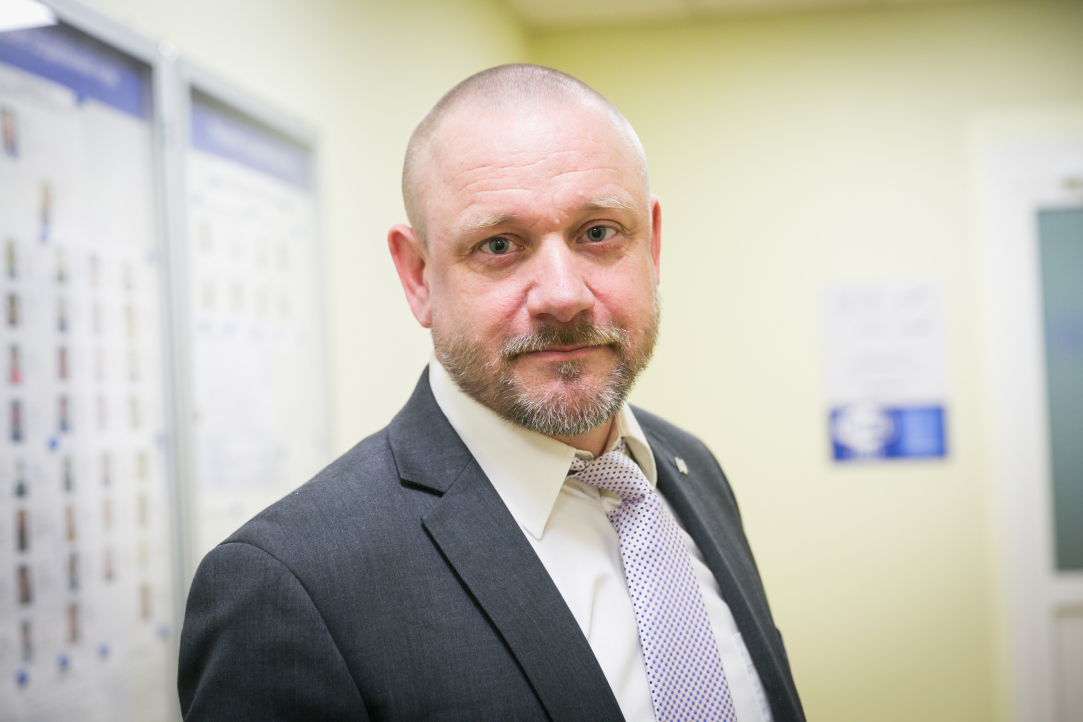Russia Has the Resources for a Budget Manoeuvre That Helps Education, Healthcare, and Social Welfare
Issues concerning changes pertinent to key social spheres were discussed during the ‘Human Capital and Social Policy’ plenary session of the XIX April International Academic Conference on Economic and Social Development.
Entering the Big Data Era — Will Traditional Statistics Still Be in Demand?
The development of a national data management system, along with its architecture and ontology, is one of the key issues for a future cabinet, believes Maxim Akimov, First Deputy of the Chief of the Government Staff of the Russian Federation. A discussion at a panel session on data in the digital era at the XIX April International Academic Conference at HSE looked into the key challenges in regards to Russian statistics and possible responses to them.
Fifth Antimonopoly Package Officially Unveiled at the April Conference
The search for consensus on antitrust law in the digital age, when traditional instruments stop working, is a complex affair. Participants in the plenary session ‘A New Phase of Antimonopoly Policy: Presenting the 5th Antimonopoly Package’ at the HSE’s XIX April International Academic Conference, engaged in heated debate about the potential consequences of introducing fundamentally new legislative norms.
‘Russia’s Economy Has Almost Exhausted Its Opportunities for Catch-Up Growth’
What is happening in the Russian economy, how can its growth be boosted, and why can it no longer develop through inertia? These were the issues discussed at the plenary session ‘Prospects for the Russian economy’ that took place as part of the XIX April HSE International Academic Conference.
April Conference Features Discussion of Ways to Boost Budget Revenue
Budget policy remains one of the government’s key tools for improving quality of life and solving problems concerning poverty and inequality. But in order for the budget to grow, additional sources of revenue are needed. The first plenary session of the XIX April International Academic Conference on Economic and Social Development featured a discussion of what these sources might look like.

Irina Filatova: ‘HSE Is an Initiative by People Whom I Deeply Respect And with Whom I Associate Critical Changes in Our Country’
Doctor of Historical Sciences, Professor at the HSE Faculty of Humanities’ School of History, and Professor Emeritus at the University of KwaZulu-Natal in South Africa. Professor Filatova is also the author of six books on African history. She spoke about her experiences of teaching, research and traveling through Africa.

‘At the Conference We’ll Be Talking about Different Facets of Life in Russia: From New Investment Policy to the Digital Economy’
Today, the XIX April International Academic Conference on Economic and Social Development begins. HSE Academic Supervisor Evgeny Yasin talks about the main topics that will be covered at the conference, as well as some of the participants.

HSE Hosts Workshop on Varieties of Democracy
On April 5 and 6, Professor Staffan Lindberg from the Department of Political Science, University of Gothenburg (Sweden) was invited to speak at HSE as part of a workshop on the Varieties of Democracy. The workshop was hosted by HSE’s School of Political Science and the Modernization Mobilization in Eurasia (MME) Project. The MME team carries out data-oriented studies of political participation and institutional transformation in China, Russia, Germany, Iran, Turkey and Japan.
Exploring Growth Patterns in Russia’s Largest Cities
Robert Buckley, a senior fellow in the Graduate Program in International Affairs at The New School in New York City, works largely on issues relating to urbanization in developing countries. At the upcoming XIX April International Academic Conference on Economic and Social Development, he will be participating a roundtable on Urbanization and Economic Development during which he will give a presentation entitled ‘The Morphology of Large Russian Cities: Patterns and Conjectures’.

Machine Learning Helping to Save Money at CERN
Researchers at HSE’s Laboratory of Methods for Big Data Analysis (LAMBDA) and the Yandex School of Data Analysis have significantly reduced the cost of CERN’s future SHiP detector. The detector will search for particles responsible for still unexplained phenomena in the Universe. With use of modern machine learning methods, LAMBDA and Yandex scientists came up with very effective configuration of magnets which protect the detector from background particles. As a result, the cost of the entire structure was reduced by 25%.

